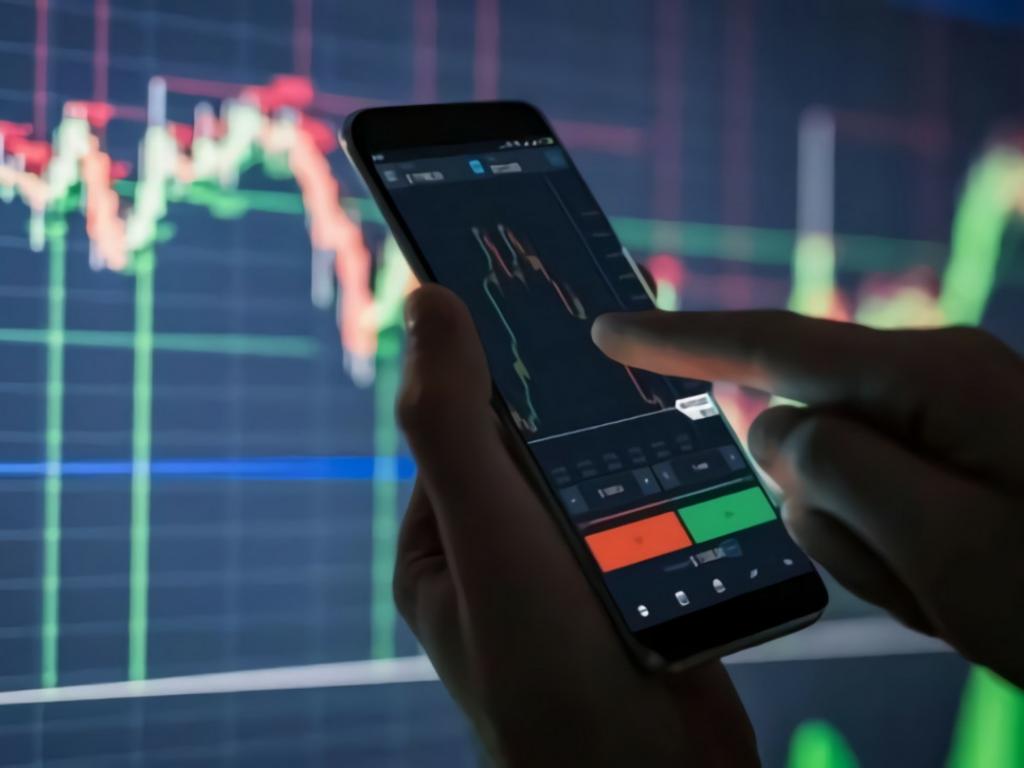What Does Europe's 'Tilt Rightward' Really Mean And Is The FTSE Europe ETF Worth Buying Now?
Author: Kenneth Rapoza | June 12, 2024 11:27am
By now, we have all heard that Europe had a fairly decisive turn rightward over the weekend in parliamentary elections. France is calling for snap elections. No one likes the German leaders anymore. It’s a mess. Or is it?
The Vanguard FTSE Europe (NYSE:VGK) ETF is down since the weekend. It seems investors need a breather from what’s been an easy $10-plus price increase per share since November.
“I would not recommend European companies for investment aside tourism related companies because rich Americans are flooding into Europe,” said Albert Marko, partner at Mavarinas Management Group in Florida. He likes luxury companies like LVMH (OTC:LVMUY) or Brunello Cucinelli (OTC:BCUCF).
“The EU continues to live in a world pre-COVID, hoping for cheap Russian fuel and a resurgent Chinese market, and have failed to adapt, expand and systematically reorganize supply chains,” Marko said. “This is particularly dumbfounding as Germany nuclear power was taken offline and the Dutch agriculture sector was targeted by government to impose climate policies.” Marko said.
Not too bright, apparently.
Who Won And What Does It Mean?
The biggest winner over the weekend, in terms of party name, was a group called the Identity and Democracy Group (ID). This party sprouted up to challenge the prevailing view among the the European political establishment that unabated immigration from Northern Africa and Muslim countries was good for Europe.
As a result of this view, the ID party went from 49 seats in the European parliament to 58. The right wing European Conservatives and Reformists (ECR) went from 69 seats to 73 and the more centrist to right-leading, and somewhat status quo European People’s Party (EPP) went from 176 to 186 members.
The Left and Progressive Alliance of Socialists and Democrats (S&D) lost seats while the biggest losers were the Greens and Renew parties. They lost around a quarter of their seats. The Greens are second-in-command in Germany.
Despite the headlines, the usual suspects are still in power in Europe, albeit with a weaker hand, said Azad Zangana, Senior European Economist for Schroders in London.
“The results mean that the previous coalition led by EPP and backed by the S&D and Renew retains control, after winning 56% of seats versus 59% previously,” Zangana said.
The increased presence of right-wing populist and nationalist politicians in the EU parliament will have an impact on policies – namely immigration and the new energy transition.
“There is a very clear desire to see greater controls and restrictions on inward migration, and there is real unhappiness over the perceived impact of green initiatives, and the cost of such policies,” Zangana said. “The notion that Europe can press ahead and decarbonize its economy but without regard of the impact on the competitiveness of its firms has hurt the energy transition agenda.”
Europe decarbonization went into high gear in 2022. As part of its sanctions regime against Russia for the war in Ukraine, the EU agreed to ban the use of Russian natural gas and impose limits on Russian oil imports. This led to higher energy prices throughout Western Europe. News reports over the last two years have been particularly hard on Germany, saying the Western European superpower is deindustrializing largely due to energy prices.
France was the biggest election headline. The iShares MSCI France (NYSE:EWQ) ETF is trailing the iShares MSCI Eurozone (BATS:EZU) ETF since the weekend and is underperforming EZU year-to-date. Usually, EWQ beats EZU, but not of late.
Emmaneul Macron called for snap elections on Sunday after rival Marine Le Pen clobbered members of his coalition.
Early indications are that Le Pen’s Rassemblement National won the largest share of votes and will increase her party's representatives for France in the European Parliament. Le Pen secured around double (over 35%) the share of votes that the ruling coalition Besoin d’Europe had won (around 15%).
There are no new polls at the time of this writing so many investors are assuming the European Parliament results mean French voters might pull the trigger for Le Pen's party, even though she’s lost so many times before.
“By July 7 we will have a second round of elections in France and know more about direction. This is Macron’s gamble that he can beat her in a run-off and assemble a coalition capable of holding the government,” said Vladimir Signorelli, head of macro investment research firm Bretton Woods Research in New Jersey.
“Macron has the coalition building skills and Le Pen does not. So I am not confident she can beat Macron just yet,” Signorelli warned.
“These elections signaled the death knell for two things: one is the green energy crusade there. That’s come to an end. And I also think the unanimity on the Ukraine war is breaking apart and that could be more bullish for Europe. But as an investor, I think I’d go into more of a peripheral Europe play. I’d look at Greece and maybe Austria.”
The Global X MSCI Greece (NYSE:GREK) ETF is beating VGK year-to-date, up 11.2%. The Relative Strength Index is in the mid-50s, suggesting no one is chasing Greece. Meanwhile, the iShares MSCI Austria (EWO) ETF has been the most beat up of the two, underperforming VGK and up just 1.5% this year. EWO was overbought in May, with its relative strength index falling below 45 this week.
This article is from an unpaid external contributor. It does not represent Benzinga's reporting and has not been edited for content or accuracy.
Posted In: BCUCF EWQ EZU GREK LVMUY VGK





